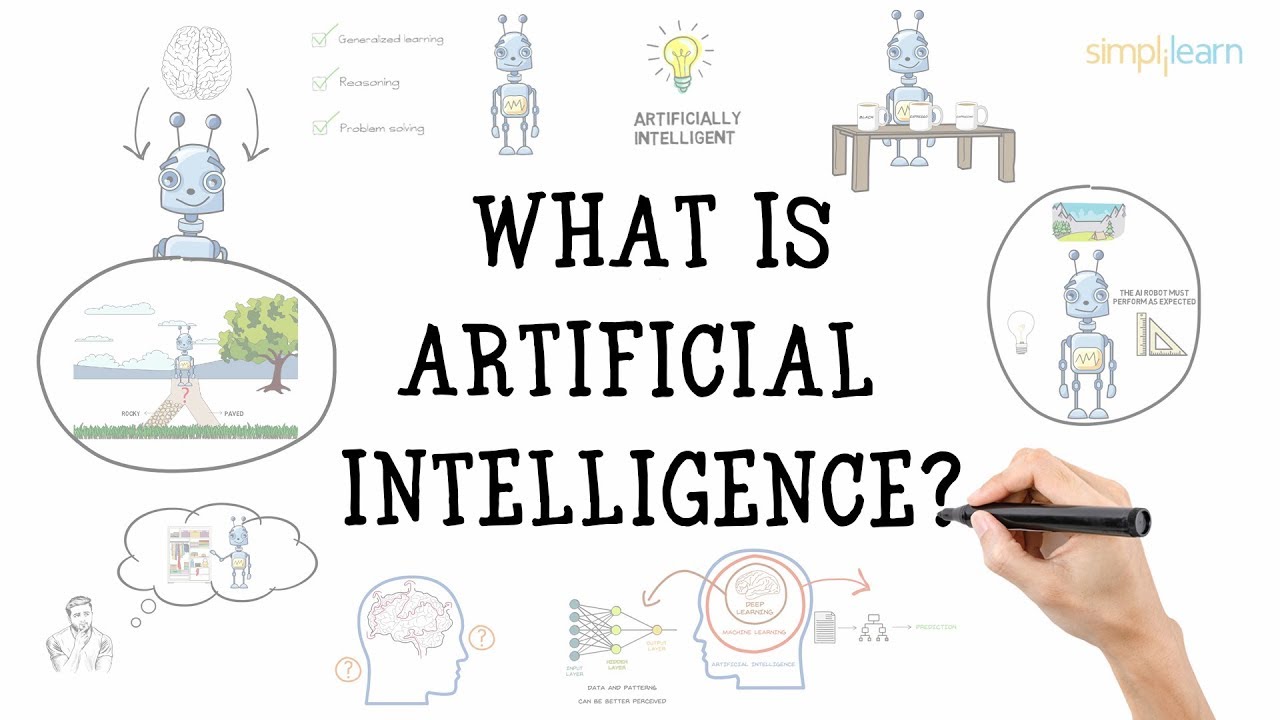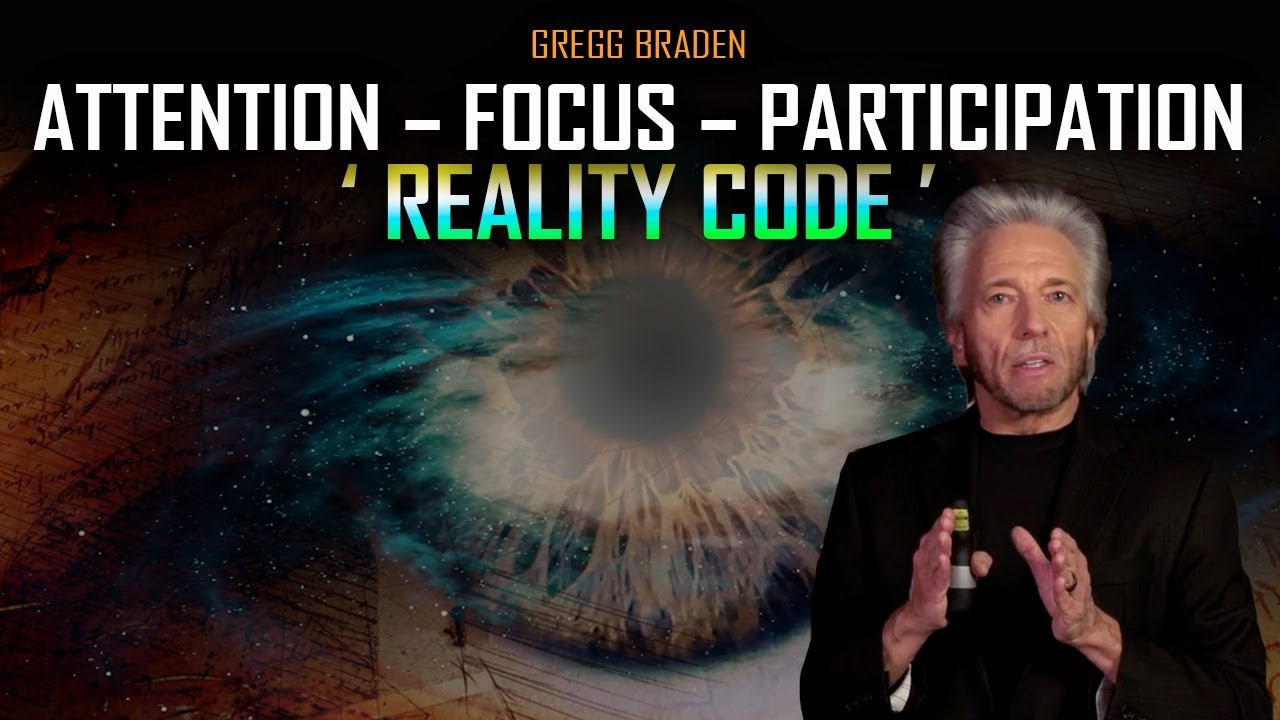Simplilearn
Don’t forget to take the quiz at 04:10!
Comment below what you think is the right answer, to be one of the 3 lucky winners who can win Amazon vouchers worth INR 500 or $10 (depending on your location). What are you waiting for? Winners will be announced on May 09, 2019.
This video on Artificial Intelligence introduces you to Artificial intelligence with a fun and simple approach. We will talk about what is artificial intelligence, how it’s different from machine learning and deep learning, its features, types, and scope. We also look at some interesting applications of Artificial Intelligence.
By the end of this video, you will understand:
1. What is Artificial Intelligence?
2. Difference between Artificial intelligence, Machine Learning and Deep Learning
3. Examples of Artificial Intelligence
4. Future of Artificial Intelligence
To learn more about Artificial Intelligence, subscribe to our YouTube channel: https://www.youtube.com/user/Simplilearn?sub_confirmation=1
Watch more videos on Artificial Intelligence: https://www.youtube.com/playlist?list=PLEiEAq2VkUULg2pAmFCfrpSXPHmNP6Map
#AritificialIntelligence #AritificialIntelligenceCourse #WhatIsAi #WhatIsArtificialIntelligence #AiIn5Minutes #AITutorial #AITutorialForBeginners #AI #Simplilearn
About Simplilearn Artificial Intelligence course:
Simplilearns’ Introduction to Artificial Intelligence course is designed to help learners decode the mystery of artificial intelligence and its business applications. The course provides an overview of AI concepts and workflows, machine learning and deep learning, and performance metrics. You’ll learn the difference between supervised, unsupervised and reinforcement learning; be exposed to use cases, and see how clustering and classification algorithms help identify AI business applications.
What are the career benefits of this Introduction to AI course?
Artificial intelligence has become a powerful driving force in a wide range of industries, helping people and businesses create exciting, innovative products and services, enable more informed business decisions, and achieve key performance goals. The median salary of an AI engineer in the US is $171,715(Source: Datamation). By 2022, the AI market will grow at a CAGR of 53.25 per cent, and an estimated. 2.3 million jobs will be created in the AI field by 2020 (Source: Gartner).
What are the course objectives?
The Introduction to Artificial Intelligence course will give you a look at the booming field of AI and show you how AI can help drive business value. The course covers basic concepts, terminologies, scope and stages of artificial intelligence and their effect on real-world business processes. By the end of the course, you will be able to clearly define various supervised and unsupervised AI algorithms, apply machine learning workflow to solve business problems and measure ROI based on performance metrics.
What skills will you learn from this Introduction to Artificial Intelligence course?
Upon completion of this course, you will understand:
1. The meaning, purpose, scope, stages, applications and effects of AI
2. Fundamental concepts of machine learning and deep learning
3. The difference between supervised, semi-supervised and unsupervised learning
4. Machine Learning workflow and how to implement the steps effectively
5. The role of performance metrics and how to identify their key methods
Who should take this Introduction to Artificial Intelligence course?
Simplilearn’s Introduction to Artificial Intelligence imparts the basic concepts and principles of Artificial Intelligence to learners. The course caters to CxO level and middle management professionals who want to improve their ability to derive business value and ROI from AI and machine learning. This Artificial Intelligence Introduction course does not require programming or IT background, making it well-suited for the following audience:
1. Developers aspiring to be an artificial intelligence engineer or machine learning engineer
2. Analytics managers who are leading a team of analysts
3. Information architects who want to gain expertise in AI algorithms
4. Analytics professionals who want to work in machine learning or artificial intelligence
5. Graduates looking to build a career in artificial intelligence or machine learning
For more updates on courses and tips follow us on:
– Facebook: https://www.facebook.com/Simplilearn
– Twitter: https://twitter.com/simplilearn
– LinkedIn: https://www.linkedin.com/company/simplilearn
– Website: https://www.simplilearn.com
Get the Android app: http://bit.ly/1WlVo4u
Get the iOS app: http://apple.co/1HIO5J0
Source




Answer is D
The answer is option "D"
No such AI has been made that develops emotion over time.
Answer 😀
Ai can read human emotion is not exist
Answer D
OPTION :B
Ans is D because at this time no such any AI that develop there emotions..
D because their is no AI developed which can change it's emotions over time
answer is A i saw in a bright side video that robots are being as good as human mentally and emotinally
D
The answer of the question at 4:10 is D
I am unable to Join live classes. ticket also raised. pls resolve issue on priority. ticket 00366355
Answer : D
Ans. Is option D- AI that develop emotions over time
AI that can read it's owner's emotions
A ROBOT THAT DEVELOPS EMOTIONS DOESN´T EXIST….YET….
Really nice video, I will show it to my students.
B
D.robot that develops emotions over time.
Option d
The one with skeletal system and muscular
B. A robot with a muscular skeletal system
D. robots develops emotion over time
According to me answer will be (b)
the answer is D.
Answer to quiz question will be D.
Opinion A
A does not exist
Citizen is right answer
D
answer is d
A
-> There is a robot with citizenship exists.
-> Also, there is a robot with muscular skeleton system.
-> And also, we have an AI that can read human emotions by smart recognisations.
-> But most importantly, AI that develops emotions over time does not exits till now.
So the answer of the question that is asked in above video is surely "D".
?
D
Option a
The answer is D
The best video
D is the Answer
Answer for quiz is option (B) .